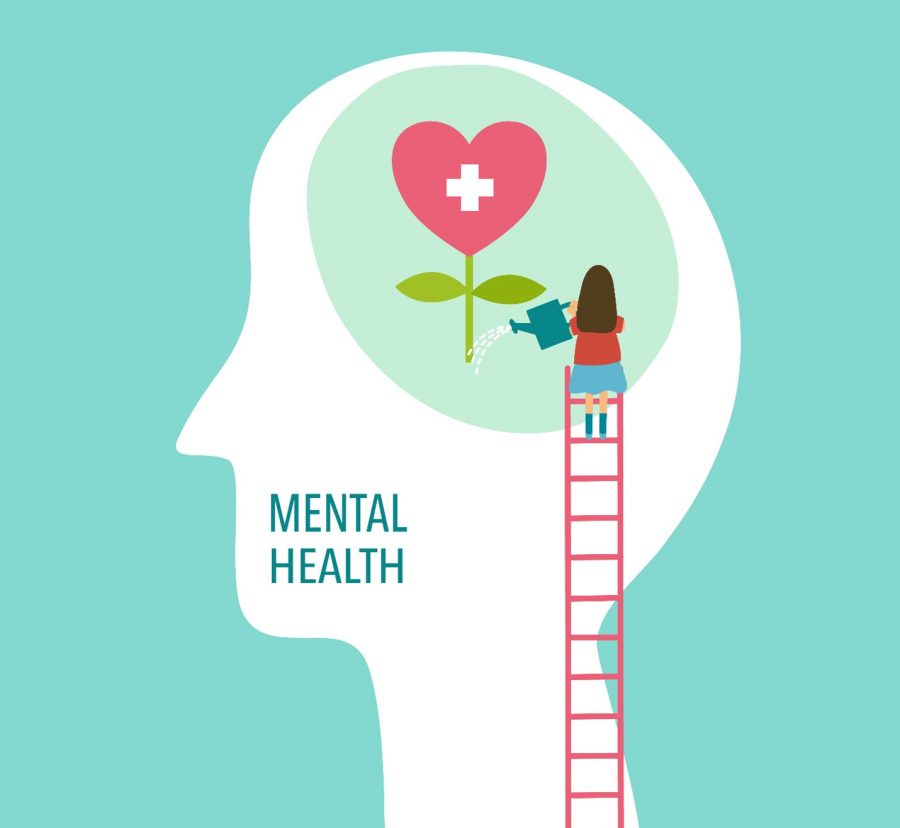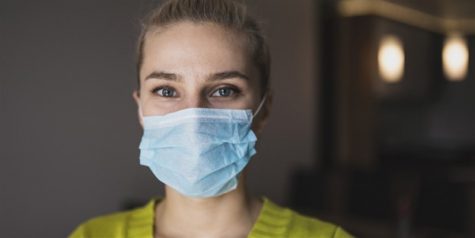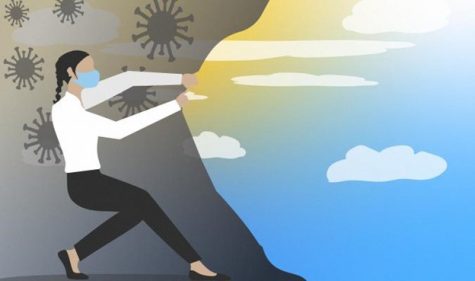BEYOND: Psychological Progress during the Pandemic
Since the beginning of the pandemic, there have been many stressors affecting the mental health of the population. Some time has passed since then, however, and it can be daunting to realize just how much has changed since March of 2020. Society has had to make a lot of changes over time to keep people safe and still leave room for fulfilling lives in the process. It is useful to keep in mind some of the greater moments now written in history that shaped the mental health responses and coping mechanisms used today.
One of the areas that was hit the hardest by the pandemic was the mental health and wellbeing of everyone who was impacted by it. Things that affected mental health include the fear of the unknown with the chaos of the pandemic, frustration with not being able to interact with loved ones and limited access to things that were taken for granted before – including restaurants and movie theaters. Everything was so new and the pandemic made it hard for people to cope by throwing everyone off balance. Layered onto this was the election in 2020 which caused some political stress. Even more stress-inducing than that was the anger and distress of the masses due to police brutality against the Black community and a lack of legal ramifications in cases like that of Breonna Taylor.
The mental health issues are best identified by a CDC report on the health toll from the stresses: “Nearly 31 percent reported symptoms of an anxiety or depressive disorder, 26 percent reported a trauma or stressor-related disorder associated with the pandemic, and 13 percent said they had started or increased substance use ‘to cope with stress or emotions related to COVID-19.’” Considering the new unknown of the pandemic along with the fearmongering going on at the time, it makes sense that mental health would overall be fairly poor among a majority of American individuals.
With time came understanding of the situation, and it has led to this current point of increased familiarity with the circumstances. The overall tone regarding COVID-19 has calmed quite a bit in many areas. However, difficulties still exist. Some of the factors that affect the mental health of the population now involve prejudice and hate crimes toward minorities, especially within the black and Asian communities. Other stressors include uncertainty towards the improvement of the pandemic and weather-related obstacles. It is no wonder that people are still struggling to keep their mental health stable. The biggest difference between then and now is that there are already many tips and coping mechanisms in use for handling the stress of the pandemic. Some healthy ways to cope with stress, as listed by the Centers for Disease Control and Prevention include: Take deep breaths, meditate, regulate sleep, avoid excessive substance use and get vaccinated with a COVID-19 vaccine as soon as possible. These are just a few things with the ability to improve mental health during this pandemic.
There are many ways to encourage psychological growth during the pandemic, including taking time to do some self-discovery or reinforce known qualities about oneself to allow for some comforting foundation. Therapy is a great place to accomplish something like this, and is overall a great place to let out the concerns and frustration about all the continuous COVID-19 issues. In fact, insurance providers such as Aetna are offering to cover 100 percent of behavioral telehealth fees right now, allowing people the opportunity to seek free support no matter how the pandemic is affecting them.
Some tips for improving mental health continuously include creating and seeking constant reminders that things will eventually improve. Until they do, it is okay to be frustrated and let it out through hobbies or conversation. As stated by Gabe Grunewald: “You can still make something beautiful and something powerful out of a really bad situation.” The reality is that the growth from these circumstances with COVID-19 will be substantial – and that in itself is more than worth looking forward to.








